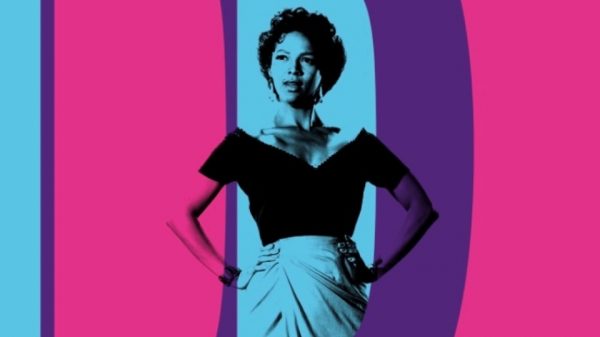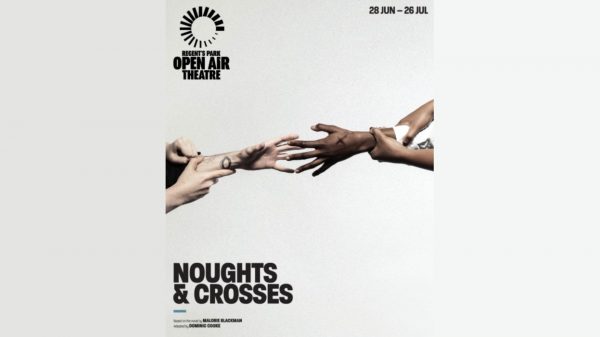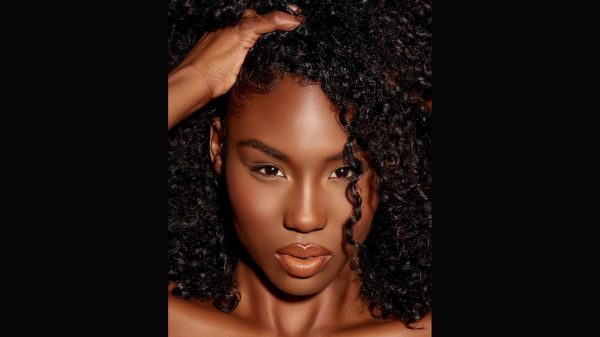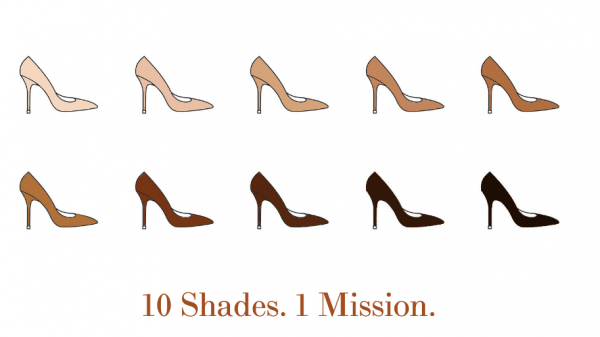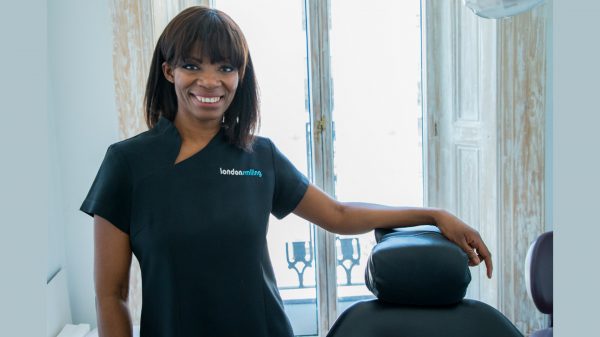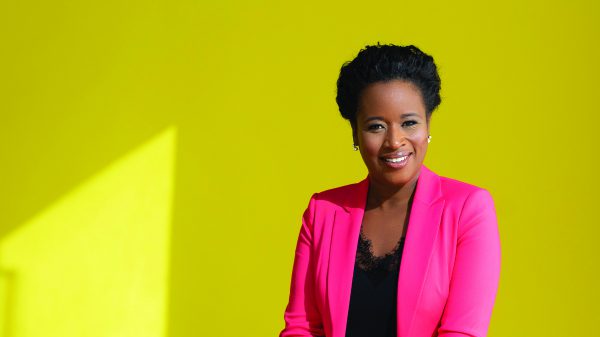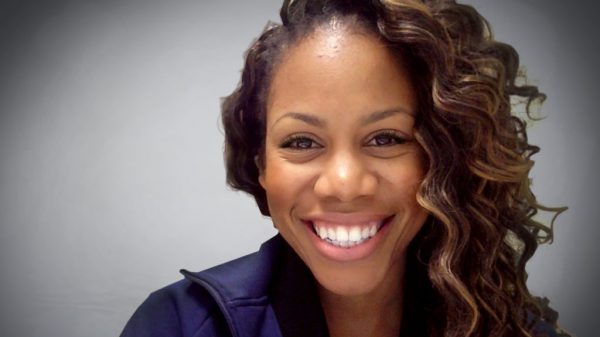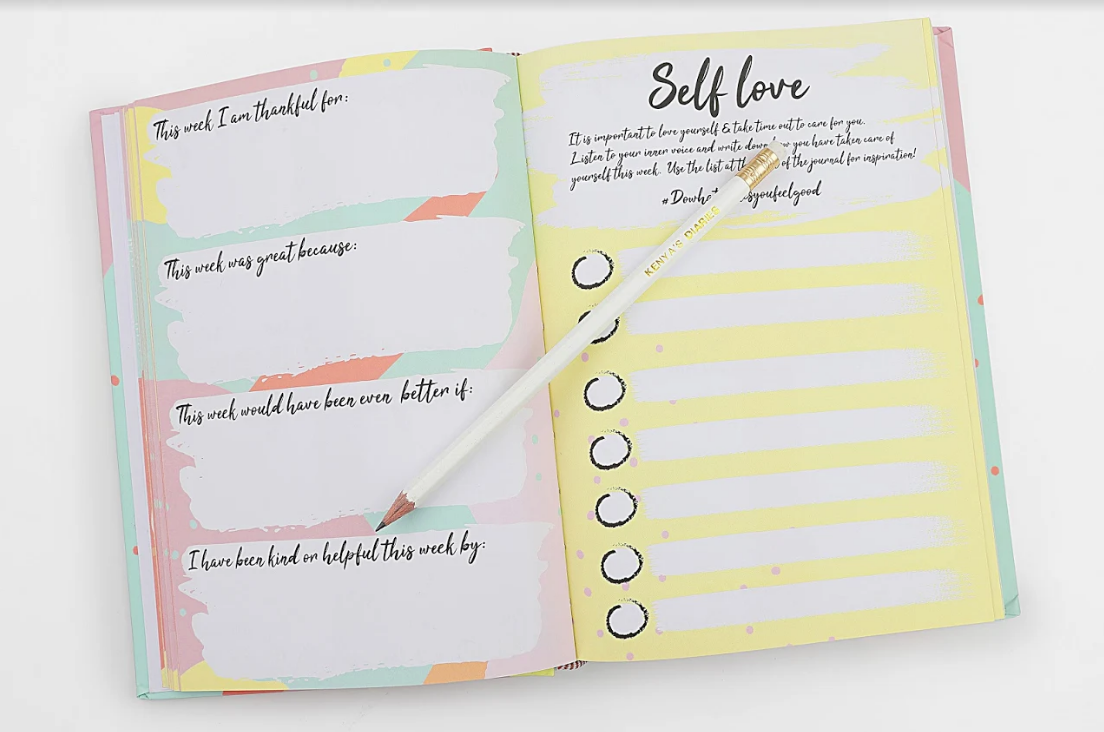The director of innovative theatre piece SPLINTERED tells Nicole Vassell about the realities of living as a queer-identified woman of Caribbean heritage – and what she wants the world to know
If you don’t identify as being LGBTQ+ , then you might be under the easy impression that, on the whole, everything is dandy for queer people. However, though there has been progress over the years, and there is much more representation available, the battle for equality isn’t over. When you combine this with being a member of other marginalised groups (being non-male, or a person of colour for example), then the less societal privilege you have, and the more struggles you may face.
With her emerging new theatre-cabaret show, director Emily Aboud wants to share some truths of life as a queer-identifying person with Caribbean roots, and how navigating these identities often takes some hard work.
Having grown up in the Caribbean herself, Aboud has first-hand knowledge of how rampant homophobia can be – and the show is a direct development of interviews with queer womxn* from Trinidad & Tobago. With Sanaa Byfield, Charlotte Dowding and Natasha Simone, three queer Caribbean actresses of colour bringing the show to life on stage, it’s a piece that incorporates forms of drag, lip-sync, movement and carnival to express the truth in these experiences, while also making it a form of celebration. If you identify as heterosexual and not a part of this group, it’s educational fun; and if you are an LGBTQ+ person, it can serve as an example of much-needed representation.
‘This is a show about Caribbean people being queer. In our experience, it is damned hard,’ reads a line from the show; Emily Aboud tells us more…
Hi Emily! So, tell me about how SPLINTERED came to be, and how you came up with the name?
Emily Aboud: As most ideas begin, I was simply curious. I wanted to know if my journey of queerness, as someone born and raised in Trinidad & Tobago, was the same as other queer people from my nation. A combination of moving to the UK when I was 18 and minimal exposure to Caribbean queerness (thankfully, we’ve had our second Pride Parade this year) meant that I hadn’t actually interacted with many queer people from my homeland and that needed to change. The name of the show and the inception of the show are interlinked though – In January I was spending a month at home for Christmas and I organised and directed a cabaret at a local venue, calling it SPLINTERED: A Cabaret of Empowerment. I chose the name SPLINTERED because, at the time, I wanted to poke fun at a popular soca song called ‘Splinters’ (an excellent song by the way!), and imply that female and queer voices in the Caribbean were grossly underrepresented and thus ‘splintered’ off from society. The cabaret was a resounding success and I knew that, as a form of theatre, cabaret was the way to tell this story – and I guess the name stuck.
SPLINTERED asks: ‘Can we celebrate queerness without the trauma of queerness?’ Can you expand a little on what that means?
Emily Aboud: Well, there’s quite a simple answer to this. In a general sense, most queer people I’ve spoken to have had to face the trauma of ‘coming out’. Even if it is a well-received, there is something quite horrific about having to tell a loved one, or a stranger, that they are not part of society’s norms. Everyone I’ve spoken to has had this; having to declare their nature and hope that it is well-received, it’s hard. I wanted to see if there was a way to find a joy in that, find a way to celebrate queerness with stories that are true, through the lens of Caribbean people.
What would you imagine the response to your work would be in the Caribbean? Do you hope to bring it there any time soon?
Emily Aboud: Oh boy – depends on the work. SPLINTERED as it stands is a play for British people to see; we’ve had to make it more in tune what British audiences are familiar with when they go to the theatre. As for my work in general, I already know that the response to my work is positive and I’m so grateful for that.
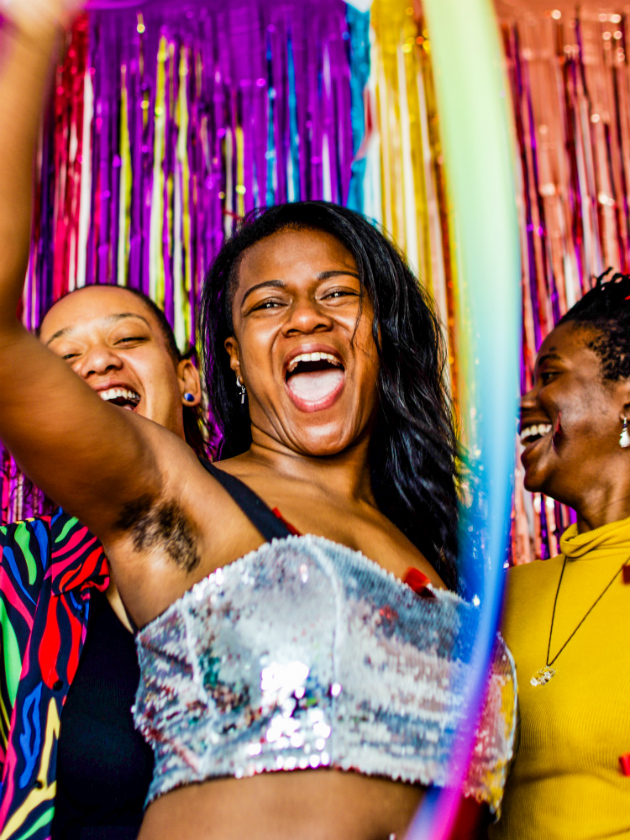
Where did you see yourself represented in media and entertainment, growing up?
Emily Aboud: I am a half-Arabian, mixed black and white, queer Caribbean woman – I think it’s difficult to feel wholly represented in the media (especially when it’s American media, which is the primary media import in Trinidad). Carnival is probably the first thing that comes to mind, but we create that ourselves; we represent ourselves in our own art. To put it plainly, I can’t think of one time growing up, watching a theatre show or TV show or film where I felt ‘Wow, that’s me!’ – but I understand that it’s a tall order to ask for queer representation in Caribbean.
Finally, what is one thing you want audiences to take away from your work?
Emily Aboud: I guess I’d like the audience to learn a bit about my culture. The struggle of loving a society and a culture that actively oppresses me as a woman and, for the most part, a closeted queer woman. I want an audience to see this and, quite simply, understand the struggle of being oppressed by your sexuality in a place that is oppressed (and was enslaved) by the UK, a country with significant rights for queer people (still not enough by the way). Like, the struggle of that, the grey areas of that. Wanting to emulate a place like the UK where queerness isn’t met with (as much) violence yet also, still feeling extreme resentment to the structures of colonial that they left behind. Where am I supposed to live?
SPLINTERED runs from 2nd – 25th August at Bedlam Theatre (Venue 49), 11B Bristo Place, Edinburgh, EH1 1EZ, 9.30pm as part of the Edinburgh Fringe Festival. For tickets, head to bit.ly/splinteredfringe
*womxn – an term used to include trans women and other marginalised feminine-identifying people






